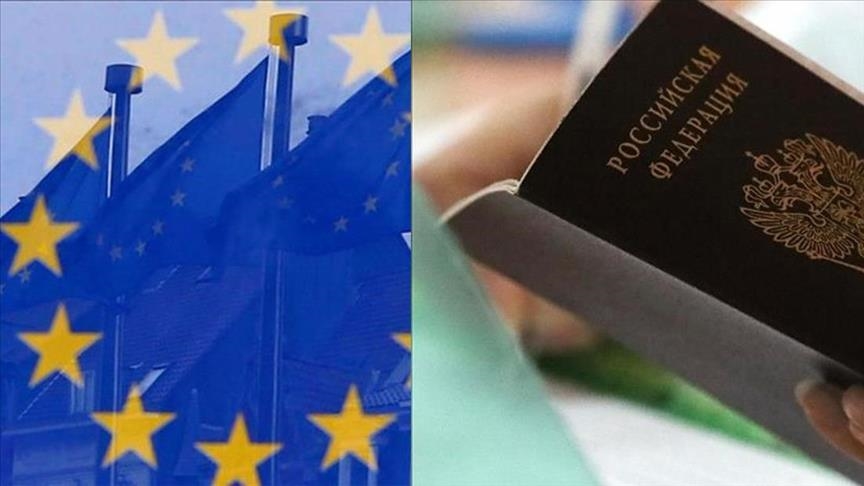
BRUSSELS
The EU is expected to change its visa policy toward Russia from next week after the European Commission on Tuesday officially proposed to suspend the bloc’s 2007 visa facilitation agreement with Moscow.
There is no basis for trust, and privilege relation between the EU and Russia, therefore the European Commission proposes to fully suspend its visa facilitation agreement, EU Commissioner for Home Affairs Ylva Johansson told a news conference in Brussels.
Russian citizens will “no longer enjoy the privilege access to the EU,” she said, explaining that visa applications for tourist and leisure purposes will be more difficult and twice as expensive as before.
In practise, Russian applicants will now face a higher visa fee (from €35, or $34 to €80 or $79), increased processing time, more restrictive rules on multiple-entry visas, and will be required to submit a longer list of supporting documents.
The proposal follows the political agreement reached by EU foreign ministers on Aug. 31 in Prague, and the EU executive body expects the member states to adopt the motion this week.
“That means on Monday morning, we will have a new common visa regime towards Russia,” Johansson said.
Russia’s “unjustified, unprovoked military aggression towards Ukraine” is “also a threat to our security so Russian citizens should not have easy access to the EU,” she said, adding that “to be a tourist in the EU is not a fundamental right.”
The EU executive body also proposed EU countries not to recognize Russian passports issued in "occupied regions of Ukraine, in particular the Kherson and Zaporizhzhia regions."
Once the measures are adopted, the EU executive body will issue additional guidelines on handling visa applications from Russian citizens.
The recommendations will prioritize those who need protection such as journalists, dissidents, human rights activists, as well as students and travelers for family reasons.
The guidelines will also specify in which cases applications should be refused because of a potential threat to public policy, internal security, or diplomatic reasons.
According to the European Commission, over 963,000 Russians held valid visas to the Schengen area as of Sept. 1.
The EU had already partially suspended the visa facilitation agreement with Russia on Feb. 25 for officials and business people.
Anadolu Agency website contains only a portion of the news stories offered to subscribers in the AA News Broadcasting System (HAS), and in summarized form. Please contact us for subscription options.







